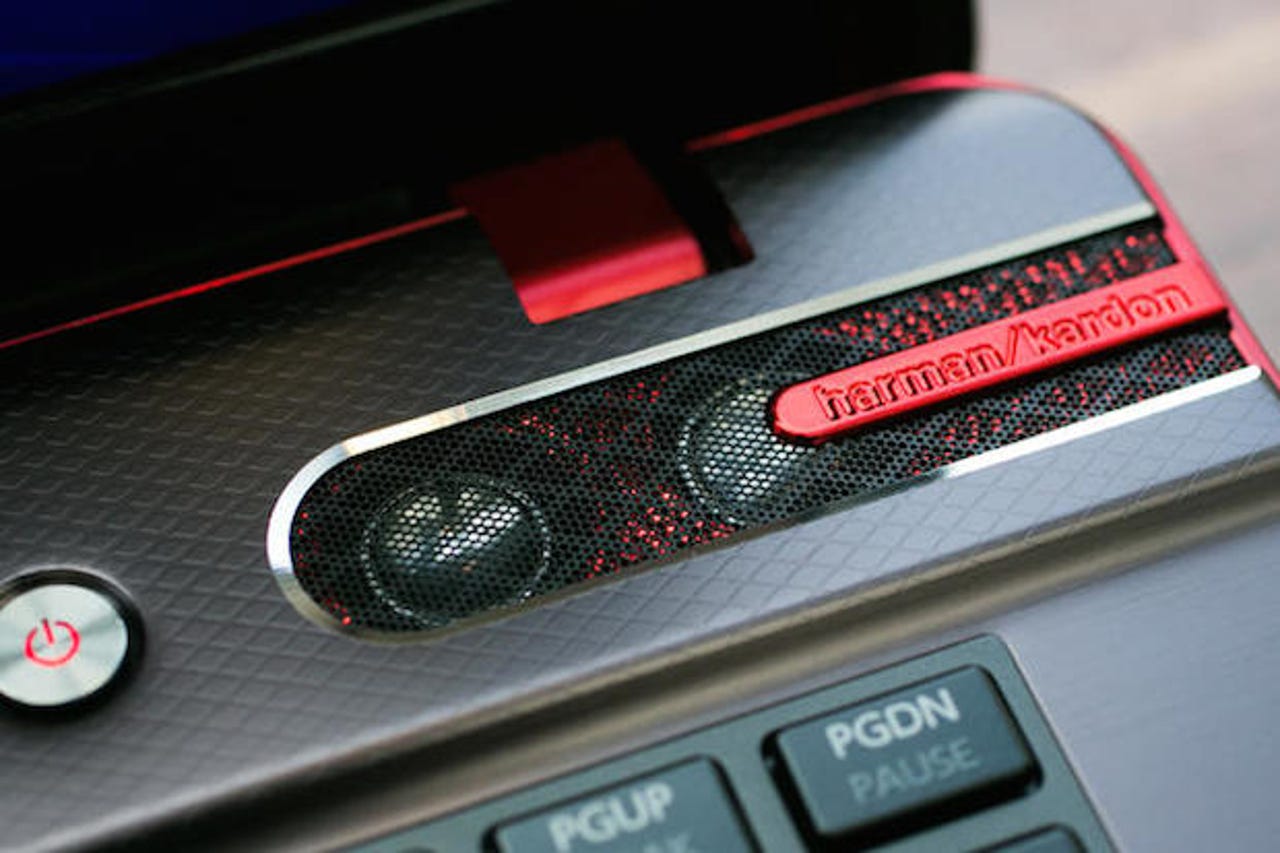Toshiba forecasts record profit in flash memory chips for tablets, smartphones

Toshiba is forecasting a massive bump to its operating profit by as much as 14 percent, as its flash memory chips designed for smartphones and tablets continues to grow.
The Japanese electronics giant is predicting operating income of about $3.2 billion in the fiscal year ending March 31, also helped along by a push in consumer appliances, such as televisions and computers.
But the guidance is down slightly from average analyst estimates of $3.49 billion, according to firms polled by Thomson Reuters.
The profit expectations will offset a portion of its nuclear reactor business, in which it supplies proprietary technology to nuclear power plants.
While Toshiba's income in the sector is expected to fall, its memory unit will account more than half of the company's profit. That said, the global semiconductor industry saw record sales in the first quarter of 2014.
Toshiba's flash memory and power grid equipment has been gaining traction in recent years following the mobile boom, and notably since the introduction of the iPad in 2010.
In the last two weeks, Toshiba also announced the latest in 15-nanometer process technology, with the intention to produce controllers for smartphones and tablets.
The notebook market should also get a boost. The company will also develop a next-generation controller for solid-state drives — that is, in spite of a declining PC market. According to latest estimates from IDC, PC shipments dropped by close to 10 percent in 2013.
Toshiba has in recent months ramped up its Chromebook effort in a bid to offer something new to the declining PC market. Chrome OS, developed by Google and installed in Chromebooks and Chromeboxes, may have a minimal slice of the market share, but is expected to increase up in the coming weeks and months as PC buyers look for alternatives.
